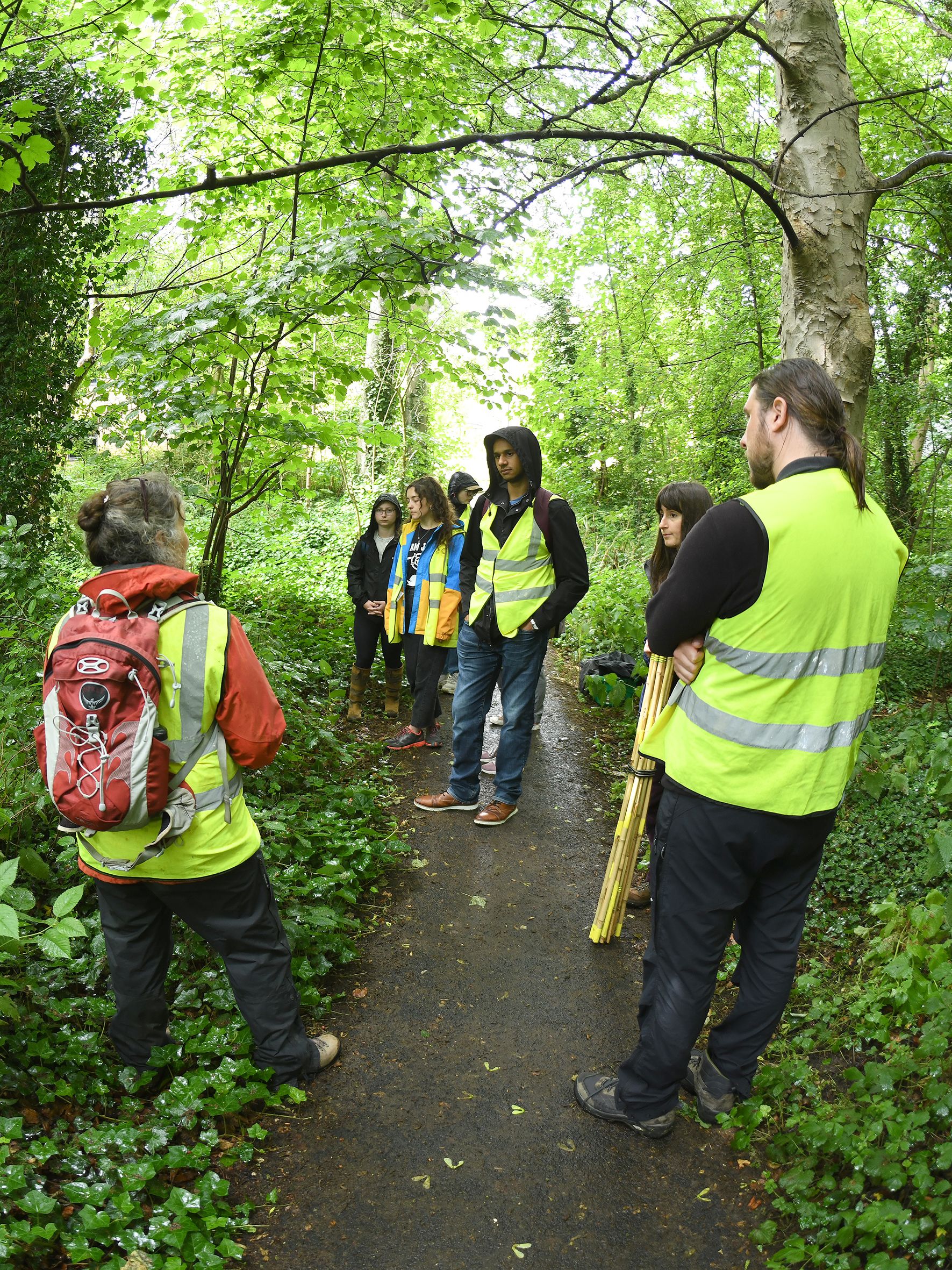York Living Labs: our biodiversity pilot
Environmental Sustainability Academy at York (ESAY)
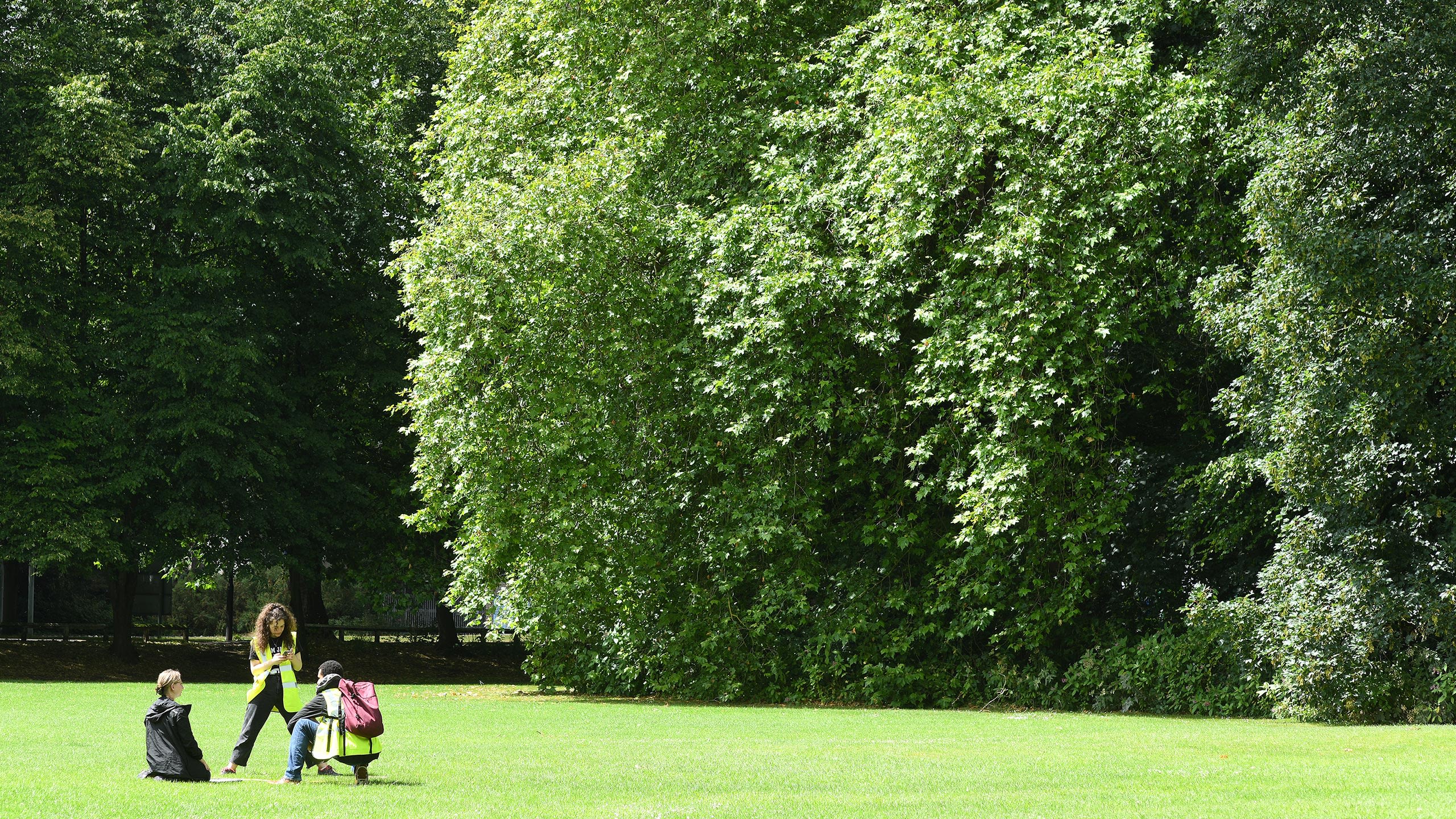
York Living Labs
The Environmental Sustainability Academy at York (ESAY) has established the York Living Labs to bring together our University community to work on sustainability problems on campus, and use the campus as a test-bed for sustainability solutions which have wider impact.
The Living Labs will be based around key focus areas such as biodiversity, food or travel.
An important part of this initiative are days or weeks of action which are intended to engage our whole community in sustainability issues. The Living Labs are intended to provide powerful learning opportunities for our students, and motivate and empower everyone on campus to drive changes towards sustainability.
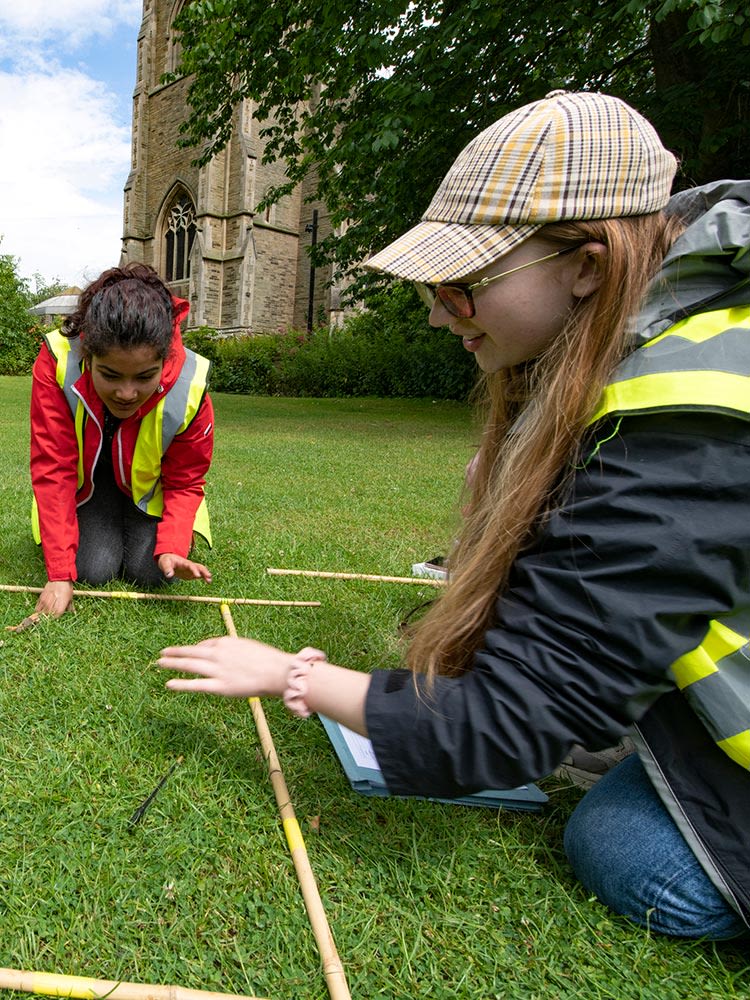
Our biodiversity pilot
In summer 2022, we ran a York Living Labs (YLL) biodiversity pilot which saw five student interns provided with training and work with a team of consultants to undertake a baseline ecological survey of the campus grounds. The survey (which we committed to undertaking as part of the University Sustainability Plan) will provide us with valuable baseline data, allowing us to map our ecological habitats and quantify Biodiversity Net Gain metrics for the quality of biodiversity across campus. This will help us to guide future decisions on how and where we can make measurable improvements to biodiversity on campus.
In line with the aims of the York Living Labs, the pilot provided an excellent opportunity to work with our students on a sustainability issue on campus. The interns came from a range of disciplines including ‘Economics and Mathematics’, ‘Environment, Ecology and Economics’, ‘Biology’, ‘International Relations’ and ‘Natural Sciences, specialising in Neuroscience’.
Through working together as part of the Living Labs, students developed boundary-crossing competencies and interdisciplinary knowledge and awareness. Both students and the consultants have commented that they gained a huge amount from the pilot.
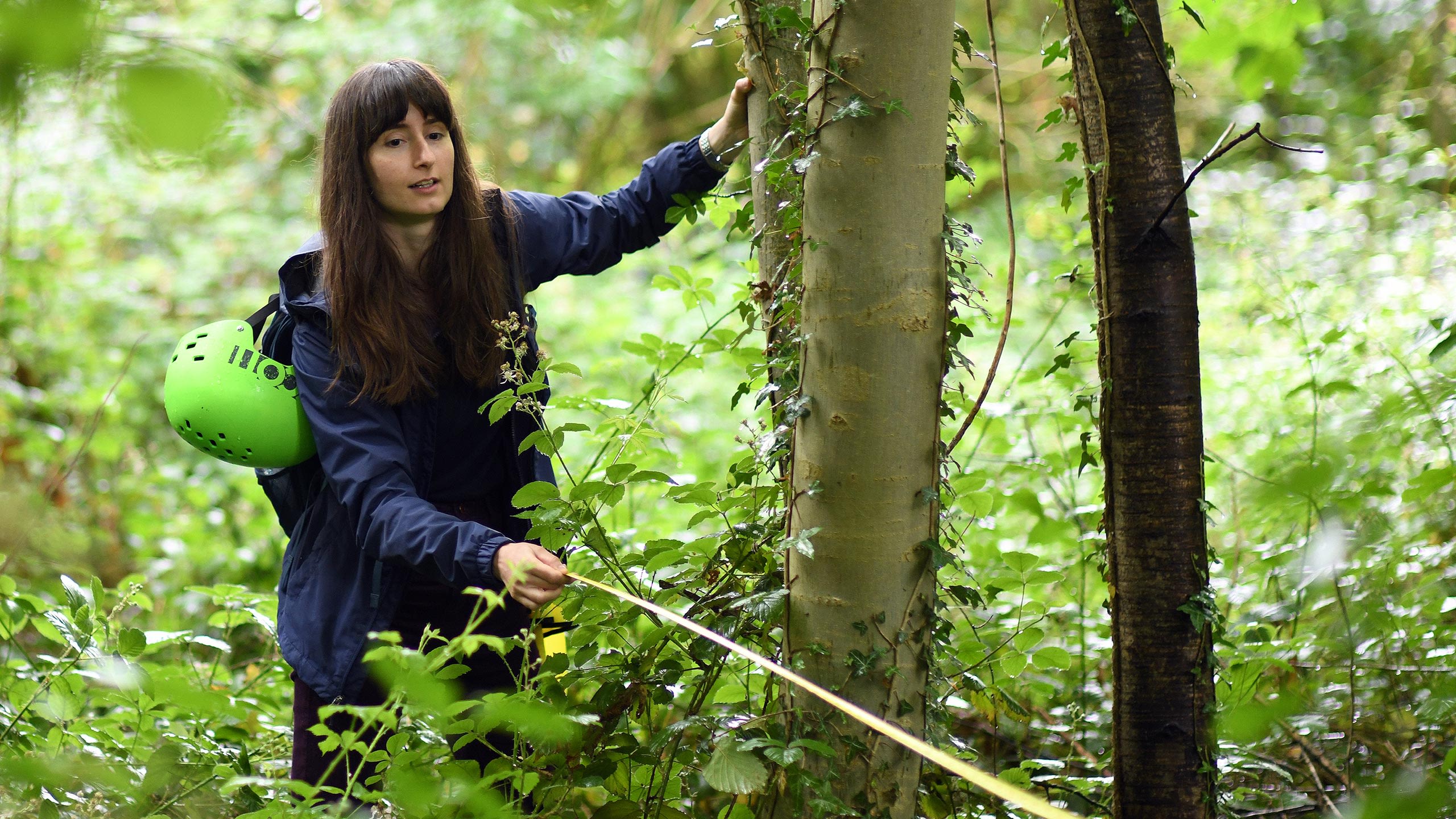
Pilot outputs
A key output from the biodiversity pilot was a social media campaign (#KnowYorCampus) aimed at raising awareness of the fauna and flora on campus amongst our University community. This highly successful campaign, which ran between August and October 2022, involved sharing photos, videos and information on campus biodiversity on social media. The campaign was seen more than 250,000 times across Facebook, Twitter, LinkedIn and Instagram and generated more than 15,000 likes, comments and shares.
Moving forwards, we are establishing a management committee to formalise the biodiversity focus area for the York Living Labs and are exploring options for new focus areas.
Pilot feedback: "A positive experience"
Our consultants from Smeeden Foreman commented that:
“As a team we would certainly say the internship programme has been a positive experience, we found each intern very willing to learn and they remained interested in the project content throughout – fully engaging with the tasks set before them and demonstrating use of initiative and commitment when asked to work independently.
It was thoroughly rewarding having the opportunity to train interns from different backgrounds with limited experience in field surveys and see their knowledge increase progressively right through to application out in the field without supervision. It certainly encouraged us to see our day-to-day work from a different perspective.”
Student interns also spoke of the value of their experience, with one intern commenting:
“I have gained a greater understanding of biodiversity and how it's assessed. I've improved my team working and communication skills. I've also gained a greater knowledge of working life and working in companies.”
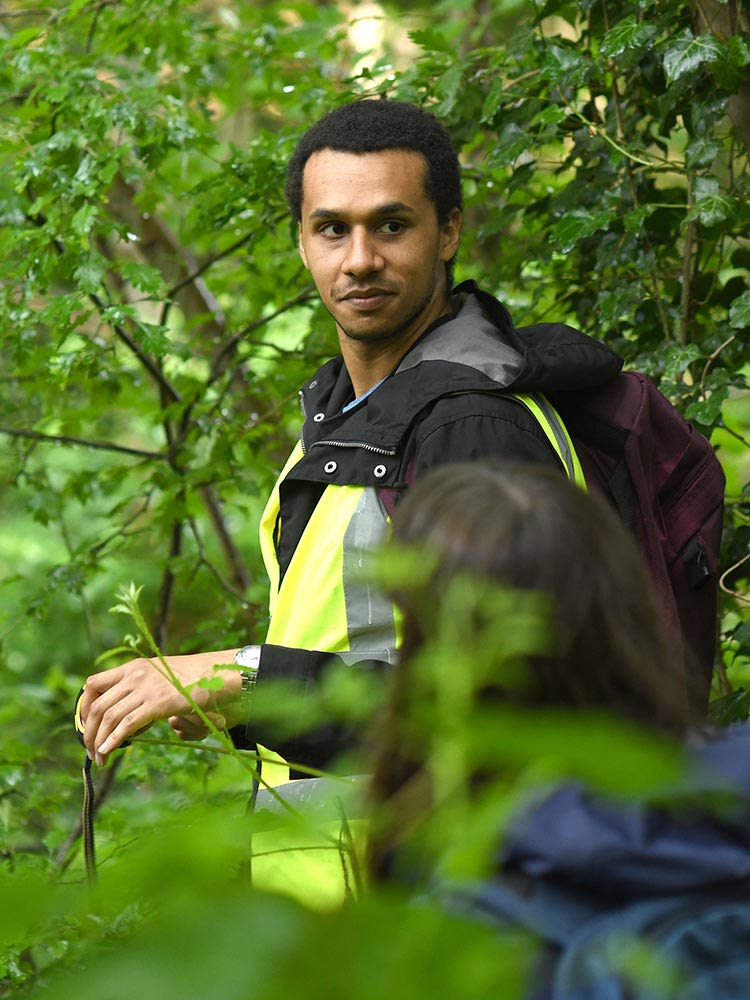
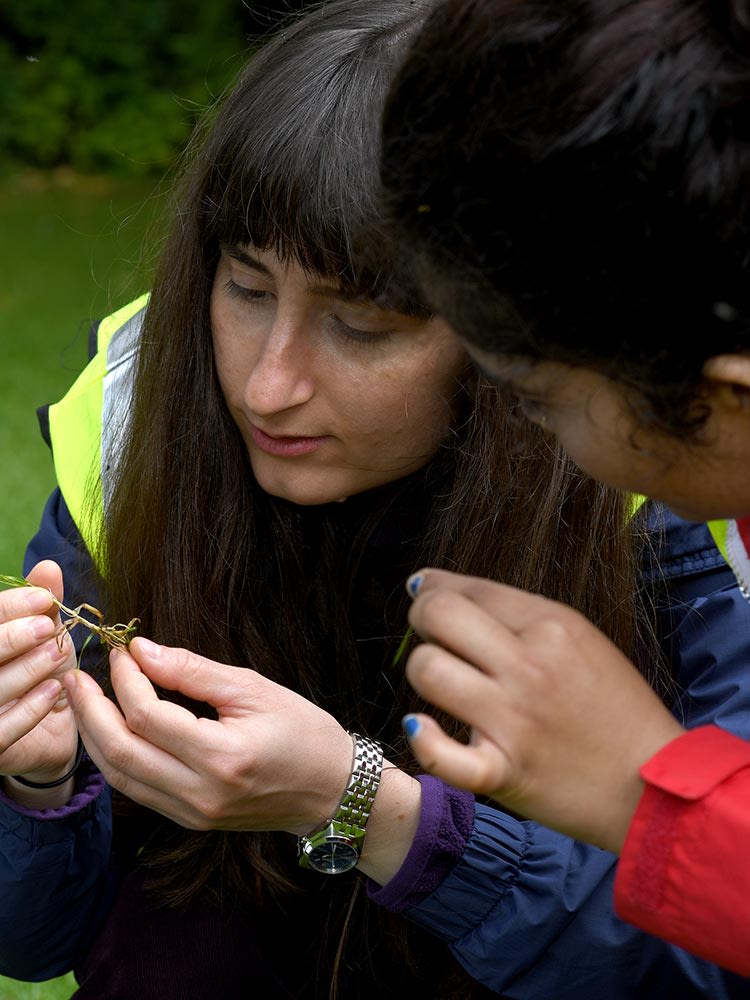
Join us for future YLLs
If you'd like to get involved, please apply to join the Management Committee for the York Living Labs Biodiversity focus area. The ESAY leadership team is aiming to review applications and inform applicants of the decisions by the end of January 2023. We encourage applications from a broad range of staff and students in the University community so that we can draw on a wide variety of expertise and insight. While knowledge of sustainability and biodiversity may be beneficial, it is not essential in order to apply for a position. Time commitment will be approximately monthly meetings of around two hours, although participants are encouraged to contribute as much time as they would like to and are able.
We encourage all staff and students to propose new York Living Labs focus areas. A YLL focus area will have a management committee made up of staff and students from across the University, and will be the focus of specific initiatives, projects and days/weeks of action.
For any questions, please contact Claire Hughes c.hughes@york.ac.uk.
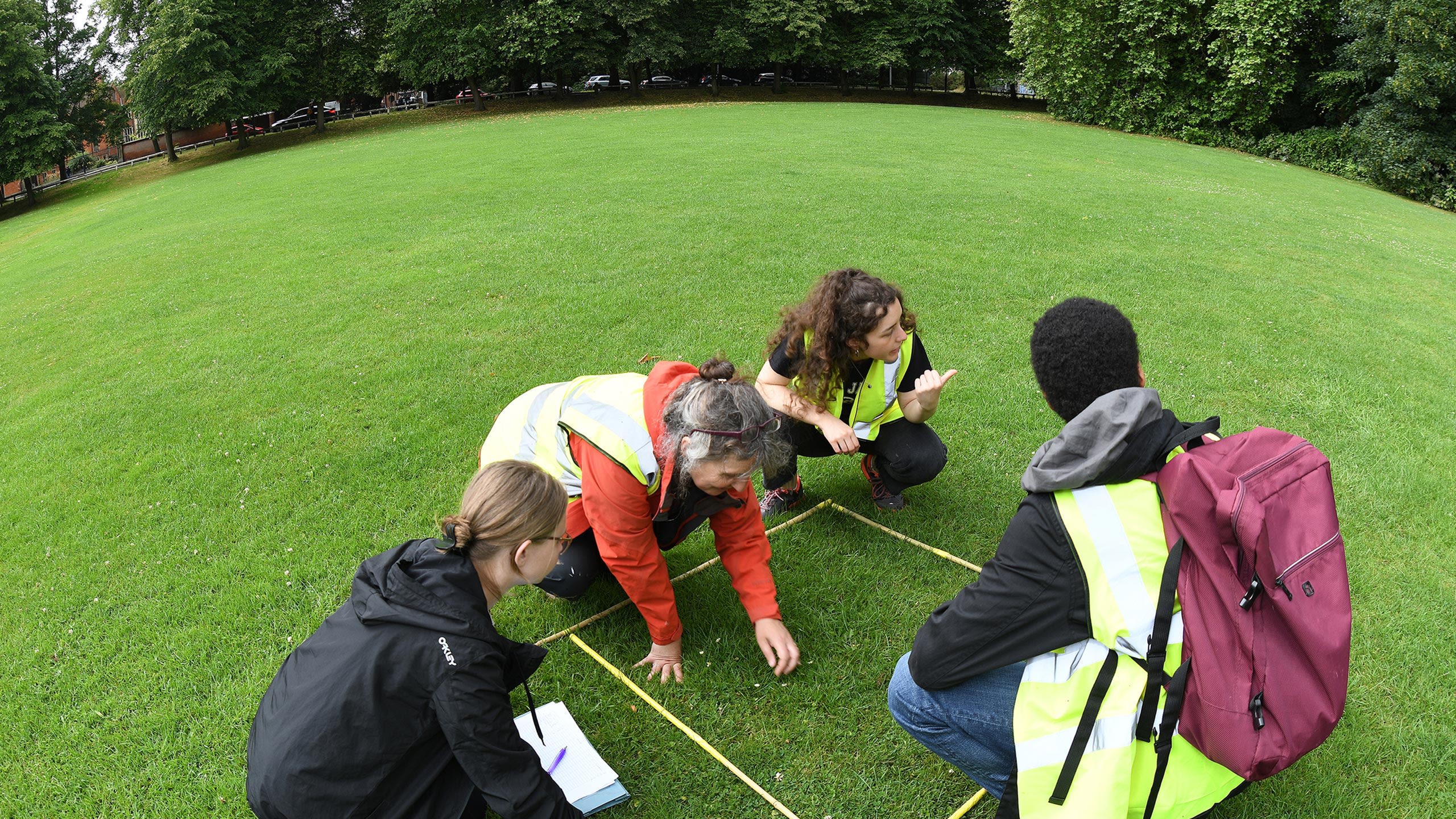
Thank you to the YLL team
ESAY
Mark Clough - Sustainability Manager
Professor Claire Hughes - ESAY Director of Education
Daisy Kemp - ESAY Project Manager
Student Interns
Isha Acharya (Departments of Economics and Mathematics)
Benjamin Baker-Henry (School of Natural Sciences)
Marina Martin Maroto (Department of Biology)
Lauren Mealing (Department of Politics)
Natasha Nicholson-Going (Department of Environment and Geography)
Sorina Antonescu (Volunteer)
Estates and Campus Services
Gordon Eastham - Grounds Maintenance Manager
YUSU
Felicity Palmer - Sustainability Coordinator
Communications Team
Holly Gittins - Social Media Producer
Careers and Placements Team
Jessica Farnhill Young - Regional Placement Officer
Phoebe McCullagh - Placements Administrator
Laboratory support
Debs Sharpe - Laboratory Technician
External support
Content Soup
Smeeden Foreman
Photography
Paul Shields - University Photographer
